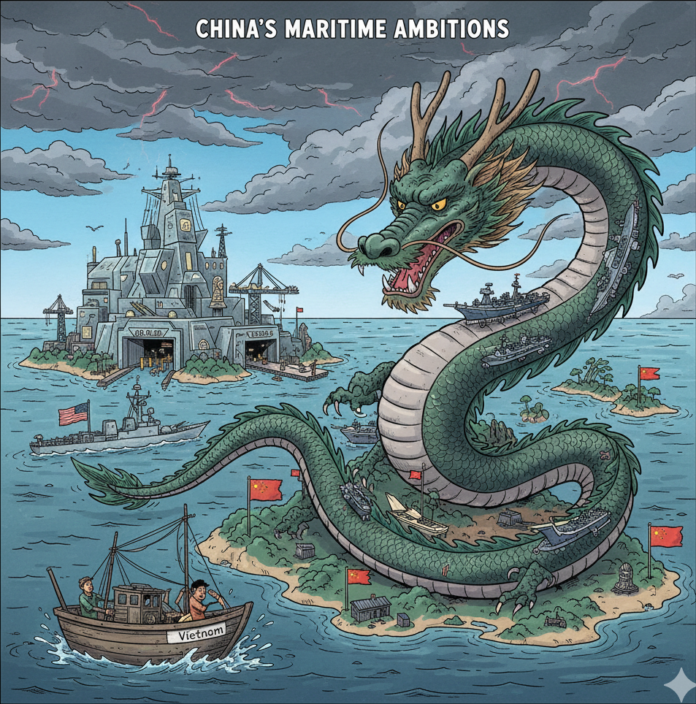Liberal Democracy is Dead and Mass Immigration Killed It
In recent years, there has been a growing sentiment that liberal democracy is on the decline. The rise of populist movements, the polarization of politics, and increasing levels of inequality have all contributed to this perception. However, one often overlooked factor in the demise of liberal democracy is the issue of mass immigration.
Last week’s election results in the UK provide a stark illustration of this phenomenon. Labour, traditionally seen as the party of the working class, won its lowest ever share of the vote in deprived areas and its highest ever share in affluent areas. This represents a dramatic flattening of the class gradient in Labour support.
Similarly, the Conservative party also saw a collapse in support across the board, with even the most affluent parts of the country only giving them 32% of the vote. This reflects a broader trend in Western democracies, where deprived communities are increasingly turning to populist candidates who promise to address their concerns.
However, not all populist candidates have the best interests of these communities at heart. In the case of Reform UK, for example, many of their candidates come from high finance and may not represent a fundamental departure from establishment politics.
Meanwhile, in countries like the US, UK, and France, voters are increasingly rejecting traditional center-right parties in favor of far-right candidates. This has led to a power shift within these democracies, with panicked centrist politicians shifting their support to the far left.
Ultimately, the current political landscape suggests that liberal democracy as we know it is facing a crisis. Whether it has self-destructed or simply revealed its true nature remains a matter of perspective. What is clear, however, is that the status quo is no longer sustainable.
As we navigate these turbulent times, it is important to reflect on the role that mass immigration has played in shaping the current political climate. By addressing the concerns of all segments of society and building a more inclusive and equitable future, we may be able to revive the principles of liberal democracy and ensure that they continue to guide us in the years to come.




